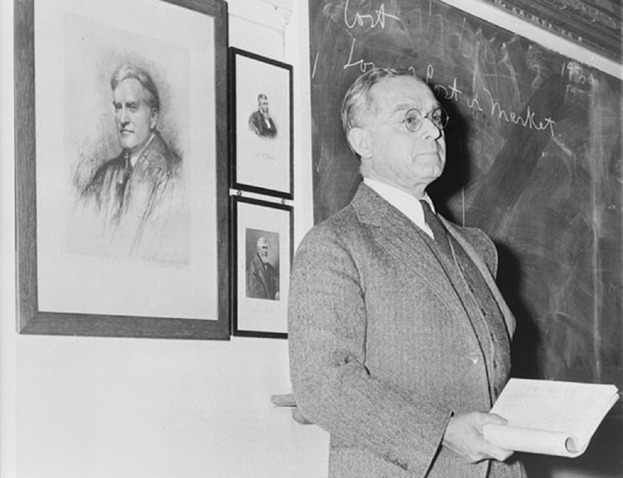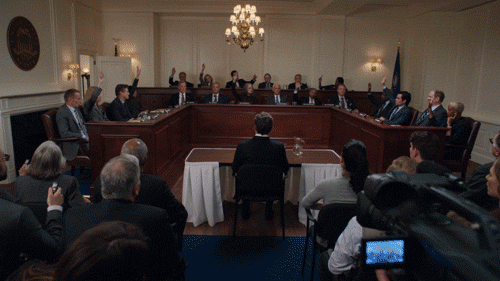Felix Frankfurter , associate judge of the United States Supreme Court (1939–62), a prominent scholar and teacher of law, and a leading proponent of the idea of judicial self-restraint at the time. Felix Frankfurter was born in Austria, where his family lived in Vienna’s Jewish district, and emigrated to the United States with his parents in 1894, during a wave of major immigration from eastern and southern Europe. He grew up in the impoverished tenements of New York’s Lower East Side, attended tuition-free City College, and went on to Harvard Law School, graduating first in his class in 1906.
He worked briefly for a Wall Street law company that year before being named Assistant United States Attorney for the Southern District of New York under Henry L. Stimson. Stimson made Frankfurter a law officer in the Bureau of Insular Affairs when President William Howard Taft named him Secretary of War in 1911. Frankfurter served as a major and judge advocate during World War I. He attended the Paris Peace Conference as a Zionist delegate in 1919, and he helped form the American Civil Liberties Union in 1920. (ACLU). He was a member of the Harvard Law School faculty from 1914 to 1939.
Despite his Jewish immigrant origin and relative poverty as a kid, Frankfurter’s academic career had been so successful that he was able to confidently enter the world of the Eastern intellectual elite, where he became an ardent supporter of meritocracy. Justice Louis Brandeis, who worked as a mentor to him, became a close personal friend of his. Despite being an elite, Frankfurter was a staunch supporter of democracy and an outspoken critic of social privilege. He believed that one’s place in the world should be earned, and that once one has achieved success, one should become a mentor, assisting others in rising to their full potential.

Frankfurter, a proponent of progressive legislation, had watched in dismay as the Supreme Court defeated legislative efforts to promote social justice in the 1920s and 1930s. He came to the conclusion that the Court had overstepped its institutional limitations. Once on the Court, Frankfurter rapidly established himself as a proponent of judicial restraint and considered himself as a descendant of Holmes and Brandeis’s passive judicial philosophy, which gave elected bodies broad discretion in policy making as long as it did not “shock the conscience.”

Frankfurter wrote for the majority in one of his most contentious decisions (Minersville School District v. Gobitis [1940]), supporting local school board laws forcing all pupils, regardless of religious objections, to salute the flag and recite the Pledge of Allegiance. This endearingly endeared him to his friends, but alienated him from others. Frankfurter’s decisions aren’t easily classified as liberal or conservative, but they are clear, forceful, and intellectually sound, making him one of the most renowned Supreme Court justices. In 1962, he retired.







